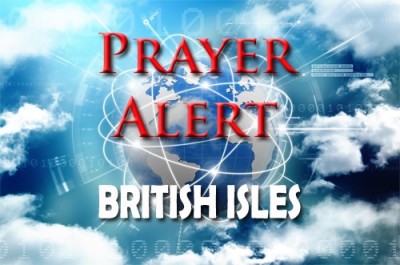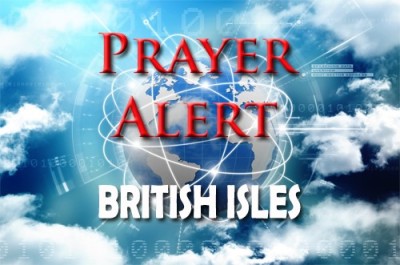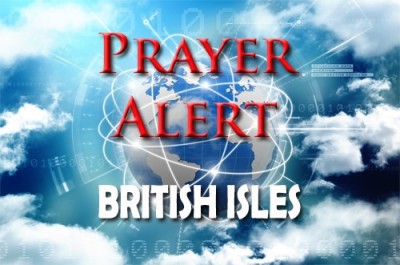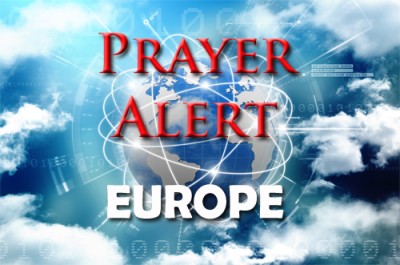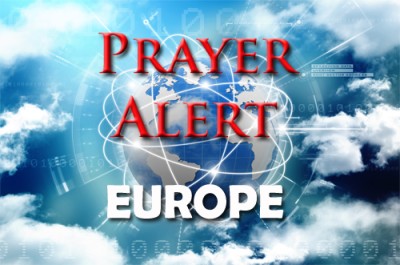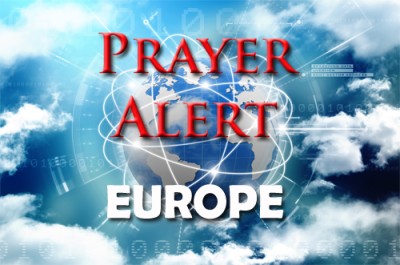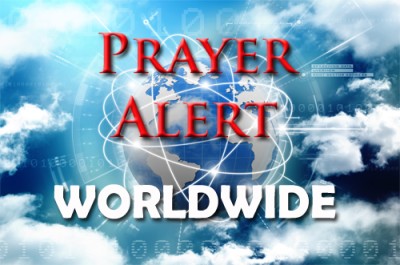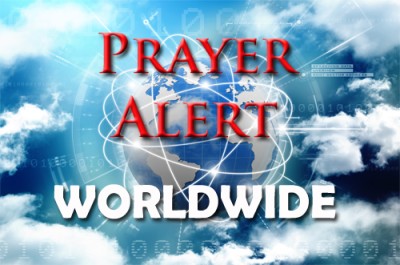A rift within the Labour Party has surfaced over reported plans by Rachel Reeves to approve a third runway at Heathrow and expand operations at Gatwick and Luton airports. While she emphasises economic growth as the Government’s priority, several high-profile Labour figures, including Greater Manchester mayor Andy Burnham and London mayor Sadiq Khan, have voiced strong opposition. Burnham argues that prioritising airport expansion in the South could hinder infrastructure investment in northern England and concentrate growth in London. Khan cites concerns about worsening air quality, increased noise, and the impact on London’s net-zero emissions target by 2030. Key Labour figures, including Keir Starmer and Ed Miliband, spoke against Heathrow’s expansion while they were in opposition. Reeves has countered criticism by stating that Britain’s reluctance to approve major projects has stalled economic growth. The debate highlights tensions between economic ambitions and environmental sustainability within Labour’s leadership.
Treat eating disorders as an emergency, say MPs
23 Jan 2025The parliamentary group on eating disorders has declared an emergency, citing 'woefully inadequate care' for those affected. Conditions like anorexia and bulimia have surged in recent years, with 12% of 17- to 19-year-olds and nearly 21% of young women now affected, according to a 2023 survey. The report highlights widespread barriers to treatment, underfunded services, and misconceptions about eating disorders, which affect people of all ages, genders, and ethnicities. It calls for a national strategy to support patients and families, mandatory training for frontline workers, and significant investment in care. Testimonies from sufferers reveal how delays in diagnosis and treatment caused prolonged suffering. Campaigners warn some patients are discharged too early, while families feel abandoned by the system. The NHS has pledged funding and expanded services, yet MPs like Richard Quigley argue that the system is 'beyond broken’. Immediate reforms, including earlier interventions and increased resources, are critical to saving lives and easing pressure on families.
Christian families and schools have launched a High Court challenge against the Government’s decision to add VAT to private and independent school fees, including Christian institutions. Supported by the Christian Legal Centre (CLC), 13 claimants - including parents, pupils, and four schools - argue that the policy, enacted on 1 January, is unlawful, discriminatory, and infringes on human rights. The removal of the VAT exemption has forced schools to raise fees, threatening access to faith-based education. Stephen White, a claimant, described the sacrifices his family makes to afford Christian schooling for their children, emphasising the vital role faith-based education plays in shaping the next generation. Headteachers warn of severe repercussions, including pupil withdrawals and potential closures. Carol Santer of The King’s School in Hampshire noted that many pupils come from non-affluent backgrounds, and some rely on specialised support unavailable in state schools. Claimants are urging the Government to reconsider its decision.
Trade: EU’s desire to negotiate with Trump
23 Jan 2025The EU has signalled its readiness to negotiate with Donald Trump, hoping to avoid a damaging trade conflict. Ursula von der Leyen highlighted growing global competition and warned against trade policies that disrupt economic bonds. Trump’s administration has begun investigating US trade deficits and unfair practices: Germany is a potential target, but chancellor Olaf Scholz has expressed cautious optimism after his first contacts with Trump's administration. Von der Leyen reaffirmed the EU’s commitment to collaboration with global partners, including India and China; she also voiced support for the Paris climate agreement, which Trump has exited. Noting that trade between the USA and the EU is worth 1.5 trillion euros, she said, ‘No other economies in the world are as integrated as we are. So our first priority will be to engage early, discuss common interests, and be ready to negotiate.’ EU officials see Trump’s policies as a wake-up call to fix their economies and become more competitive.
A Dutch court has ruled that prime minister Dick Schoof’s government must intensify efforts to reduce nitrogen pollution in protected areas, marking a legal victory for Greenpeace. Half of the country’s vulnerable habitats must meet nitrogen thresholds by 2030, with noncompliance incurring a €10 million penalty. Schoof’s administration, elected in 2024, shifted away from its predecessor’s €24.3 billion sustainability fund, favouring technological and voluntary measures instead. However, the court called for tangible financial and regulatory actions to address emissions from agriculture, industry, and transport. Greenpeace celebrated the verdict but emphasised the need for immediate action. The verdict reverberates with other countries facing similar legal challenges - seen now as a key tool to compel governments to environmental action - for the same reasons; it will also risk further protests from Dutch farmers who are concerned about anticipated herd reductions and new farm standards. The Schoof administration may appeal the decision, balancing stricter measures with potential rural unrest and EU compliance demands.
Turkey: 76 killed in hotel fire
23 Jan 2025A devastating fire at the Grand Kartal Hotel in the Kartalkaya ski resort has killed at least 76 people, marking one of the country’s deadliest hotel fires. Survivors reported that fire alarms failed to activate, and experts suggested that inadequate fire safety measures contributed to the high death toll. The fire, which began in the restaurant area, spread rapidly, forcing some guests to jump to their deaths. Discrepancies emerged regarding the hotel’s fire safety certification, with officials noting the absence of adequate fire escapes, alarms, and suppression systems. Nine individuals, including the hotel owner, have been detained as part of the investigation. Experts said that properly designed fire safety systems and escape routes could have mitigated the tragedy. Authorities continue to investigate claims of negligence and systemic failures, as questions grow over how such a disaster occurred in a major resort.
Donald Trump: a raft of executive orders
23 Jan 2025Donald Trump began his second term as president with a flurry of executive orders, overturning many Biden-era policies and solidifying his ‘America First’ agenda. These included reinstating the construction of the border wall with Mexico, withdrawing from the WHO (again), and reintroducing the death penalty for undocumented immigrants who commit capital crimes. He also abolished government-funded gender diversity programmes, stating that there are only men and women. Environmental policies were rolled back as he exited the Paris climate agreement and expanded fossil fuel drilling. He also pardoned over 1,600 individuals involved in the 2021 Capitol riot. Other actions included pausing foreign aid for ninety days, creating a department of government efficiency under Elon Musk, and extending the deadline for TikTok's compliance with ownership laws. Critics argue these orders fuel division, threaten democracy, and undermine progress on social and environmental issues. His swift actions underline his intent to shape policy decisively, even as legal and Congressional challenges loom.
In her sermon during the inaugural prayer service at Washington’s National Cathedral, Bishop Mariann Budde spoke directly to Donald Trump and J D Vance. She challenged Trump’s recent executive orders, including policies affirming biological distinctions between men and women, trying to end birthright citizenship, and intensifying immigration measures. Speaking of immigrants' contributions and the fears of LGBTQ+ children, Budde called for mercy and compassion, emphasising Christian teachings of kindness to strangers. She concluded by urging Trump to alleviate the fears of children worried about deportations and show mercy to refugees fleeing persecution. Afterwards, Trump said he ‘didn't think it was a good service’, and one Republican congressman sarcastically suggested she be deported. The bishop is known for her past criticism of Trump, such as his controversial 2020 photo holding a Bible outside a church.
